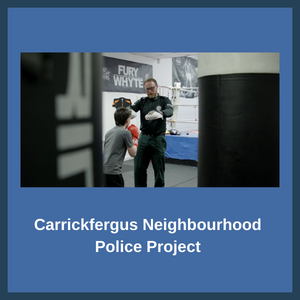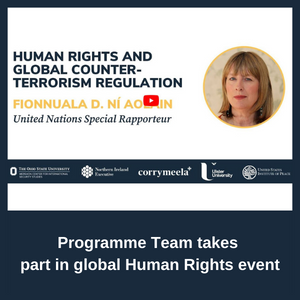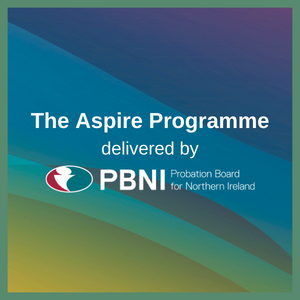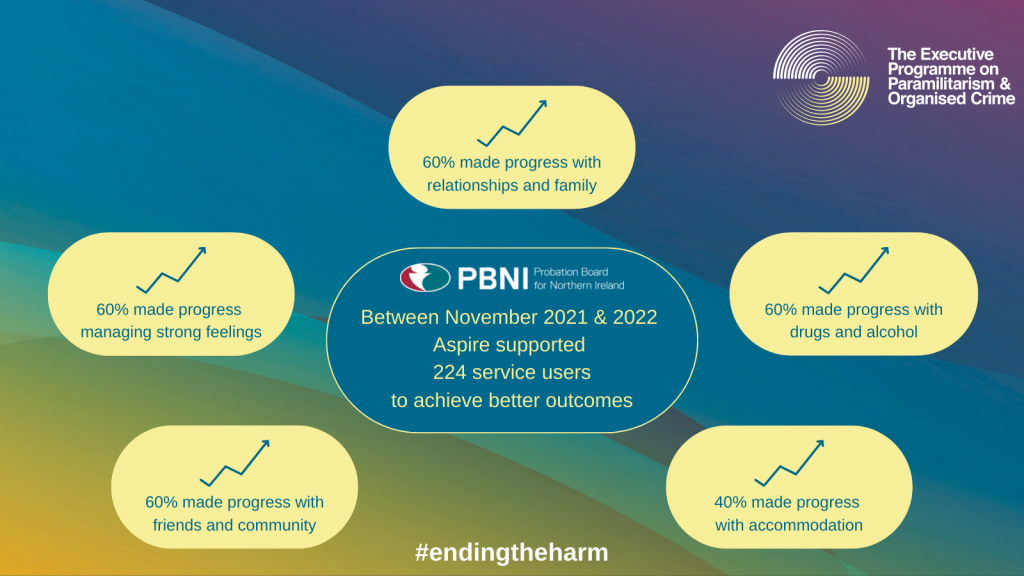Research shows that community confidence in policing is a key factor in addressing paramilitary control. This year, the programme has invested £145,000 to help improve long-term relationships between police and communities.
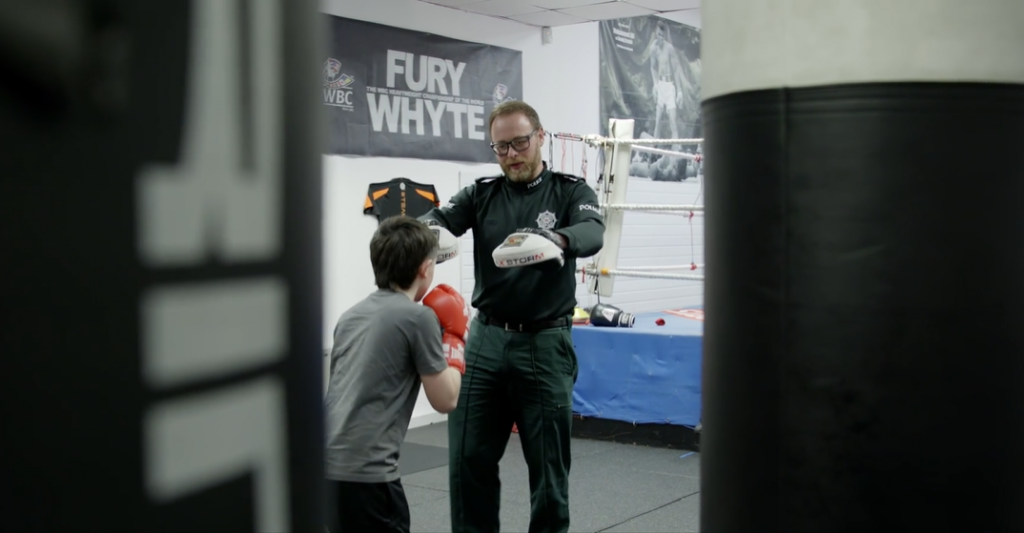
One such project is a boxing programme in Carrickfergus aimed at addressing anti-social behaviour and paramilitary influence through sport and fitness.
We spoke to Neighbourhood Policing Officer Richard Cull who has been leading this initiative: “Every Saturday night 20-30 young people aged between 10-18 years take part in a boxing session, with Neighbourhood Officers in attendance. Projects like this help us to develop relationships with these young people which helps to lower or even end offending before it begins, whilst encouraging those who may be vulnerable to criminal or paramilitary influence to make positive life choices.
“The young people seem to be really enjoying the project so far and it’s inspiring to see the change in some of them as the weeks progress.”

